Secretary of State Blinken reaffirmed that the US does not support Israel sending troops into Rafah in Gaza, after Prime Minister Netanyahu vowed to attack the city.
US Secretary of State Anthony Blinken arrived in Israel on May 1, the final stop on his Middle East tour, and had a 2.5-hour meeting with host Prime Minister Benjamin Netanyahu in Jerusalem.
US State Department spokesman Matthew Miller said Mr. Blinken reaffirmed "Washington's clear position on Rafah", which is to oppose Israel launching a ground campaign against the city.
The two sides also discussed the ceasefire between Israel and Hamas, with Blinken saying the Palestinian militant group was blocking the negotiations. The US secretary of state acknowledged that aid flows into the Gaza Strip had increased after Israel reopened some routes into the territory last month at Washington’s request.
"Mr. Blinken emphasized the importance of maintaining and increasing these improvement efforts," spokesman Miller said.
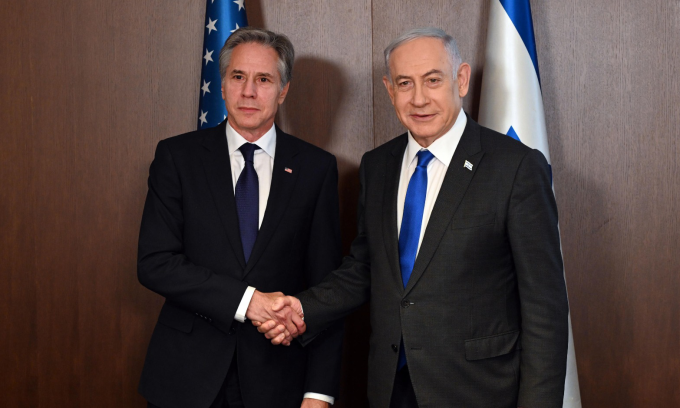
Secretary of State Blinken shakes hands with Prime Minister Netanyahu in Jerusalem on May 1. Photo: Office of the Israeli Prime Minister
Secretary of State Blinken is traveling to the Middle East in an effort to broker a ceasefire between Israel and Hamas that will last at least six weeks. US officials hope the agreement will help the international community deliver more food and water to the Gaza Strip, where fighting has caused a massive humanitarian crisis and left many people homeless.
The deal is also expected to help Israel return hostages held by Hamas, thereby preventing Tel Aviv from launching a ground operation into Rafah.
About 1.5 million Palestinians are concentrated in Rafah after fleeing other parts of the Gaza Strip. The international community has warned of the risk of a large-scale humanitarian crisis there in the event of an Israeli ground operation.
Washington also announced that it would not support Tel Aviv in launching an operation into the city if Israel did not come up with a suitable and reliable plan to ensure that no humanitarian crisis occurred.
However, on April 30, the Israeli Prime Minister reaffirmed his determination to send troops into Rafah, regardless of whether the country reaches a ceasefire agreement with Hamas or not.
"We will eliminate Hamas battalions in Rafah and accomplish all the objectives of the operation, including bringing all the hostages home," Netanyahu said, adding that Israel would seek to evacuate civilians before sending troops into the city.
Currently, the negotiation process on a ceasefire agreement between Hamas and Israel is still going on actively, but the two sides still disagree on a number of issues. Hamas demands that Israel stop the campaign and withdraw all troops from the Gaza Strip, while Tel Aviv only accepts a temporary ceasefire.
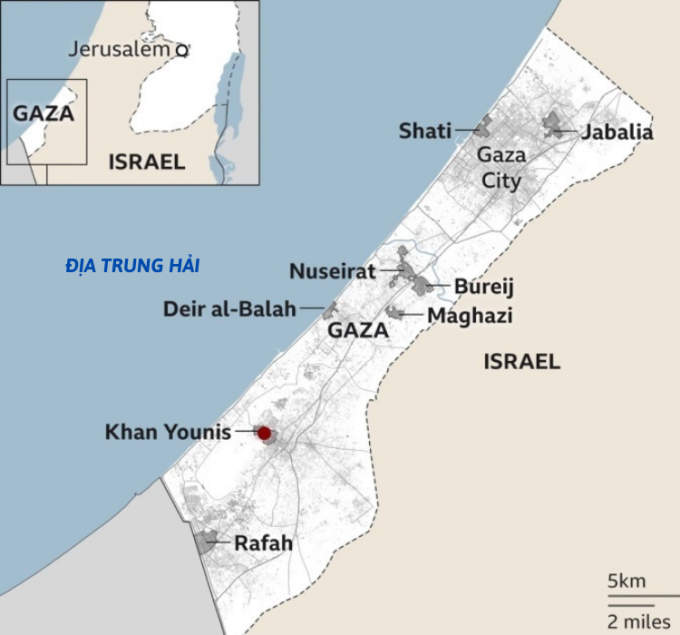
Location of Rafah city, southern Gaza Strip. Graphics: BBC
Pham Giang (According to AFP, AP )
Source link






![[Photo] Prime Minister Pham Minh Chinh chairs meeting to remove difficulties for projects](https://vstatic.vietnam.vn/vietnam/resource/IMAGE/2025/3/30/7d354a396d4e4699adc2ccc0d44fbd4f)
![[Photo] Ministry of Defense sees off relief forces to the airport to Myanmar for mission](https://vstatic.vietnam.vn/vietnam/resource/IMAGE/2025/3/30/245629fab9d644fd909ecd67f1749123)
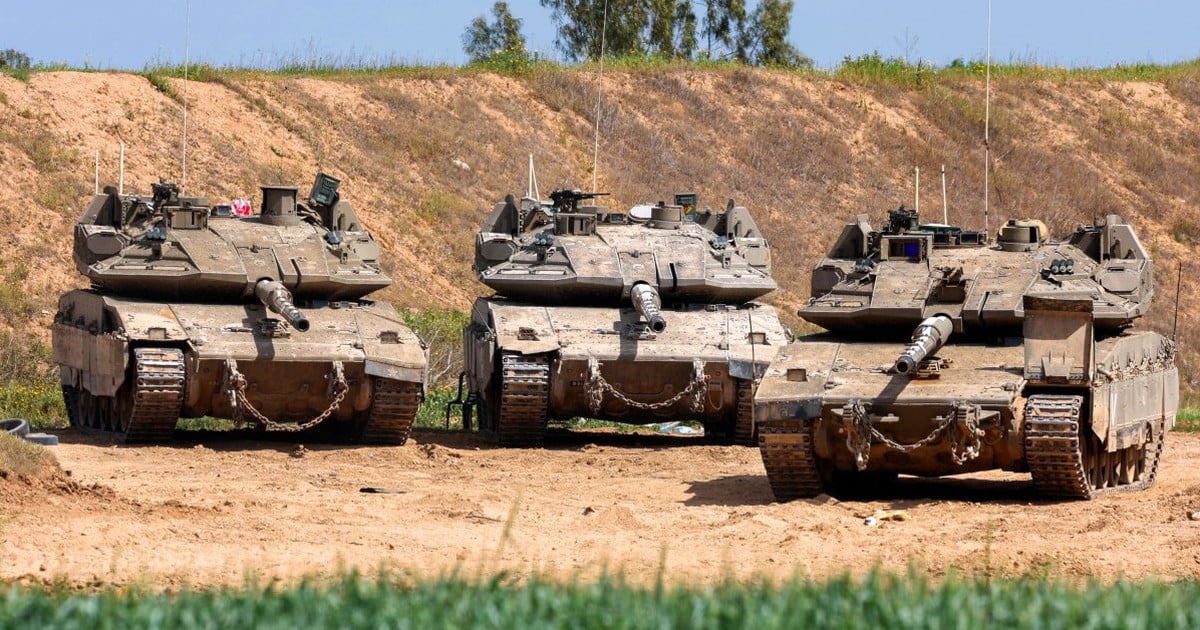


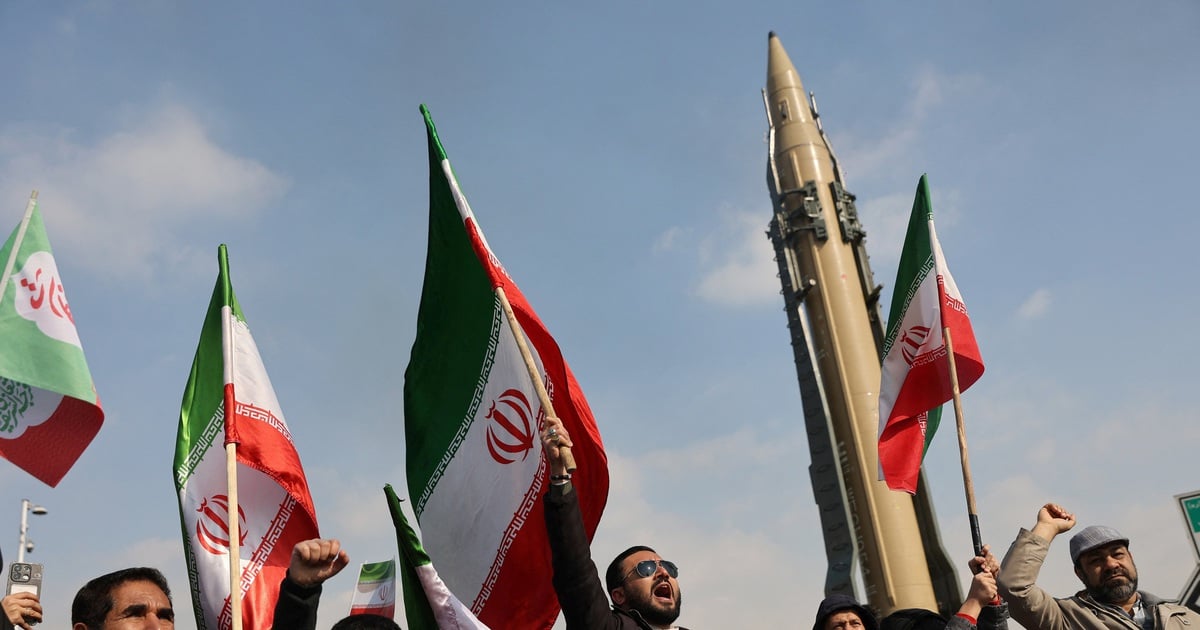
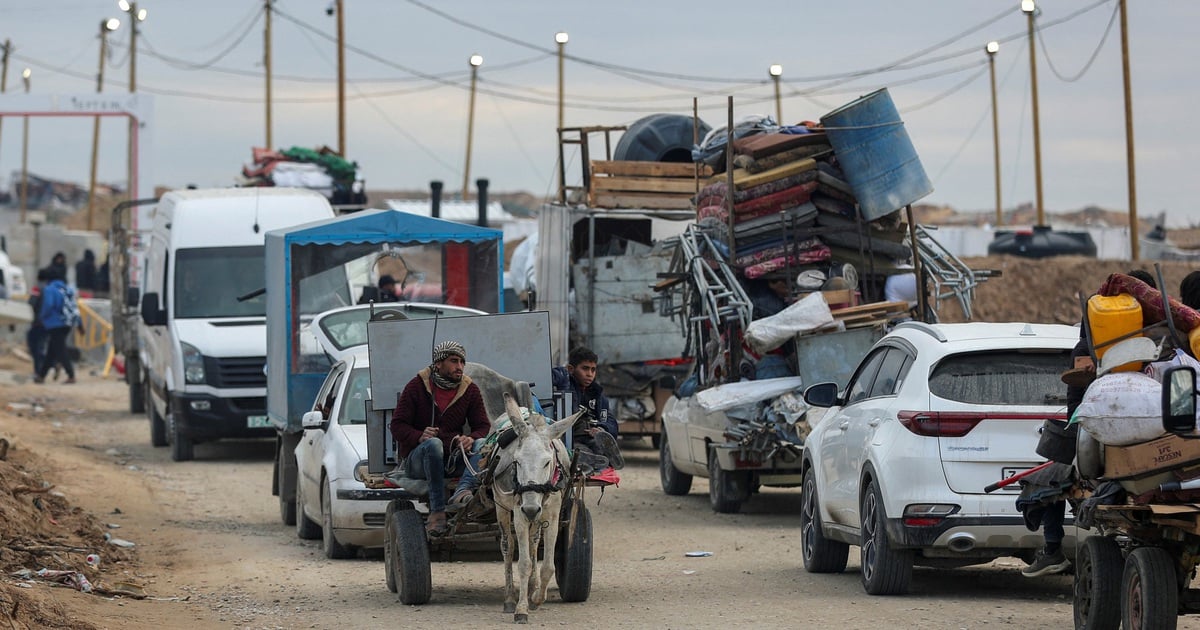
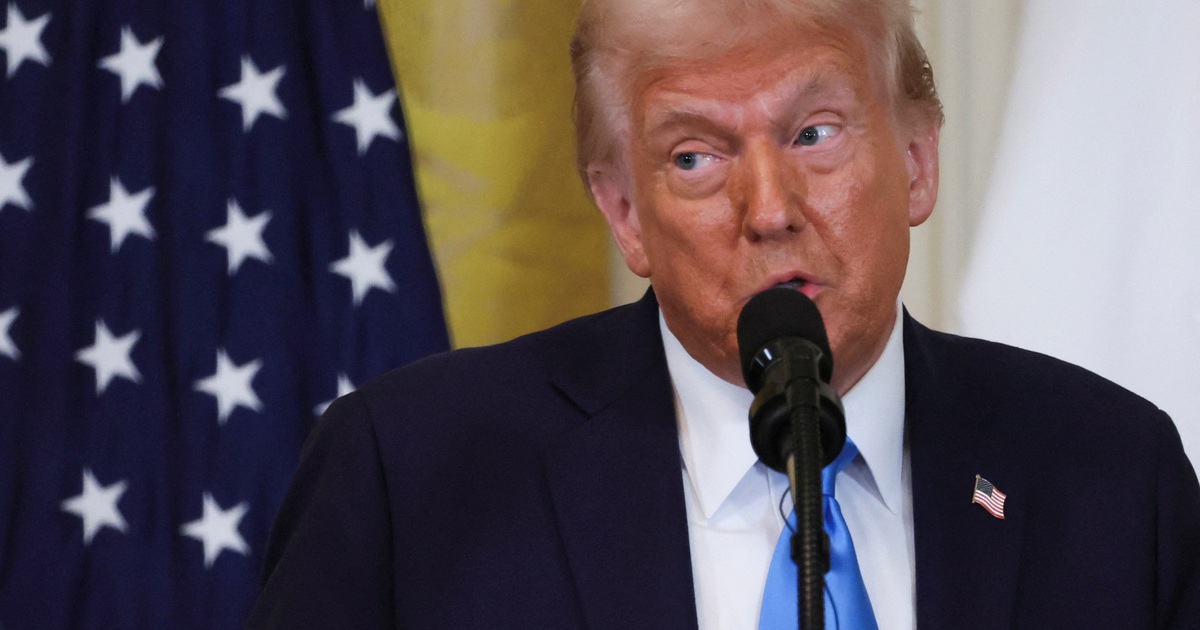
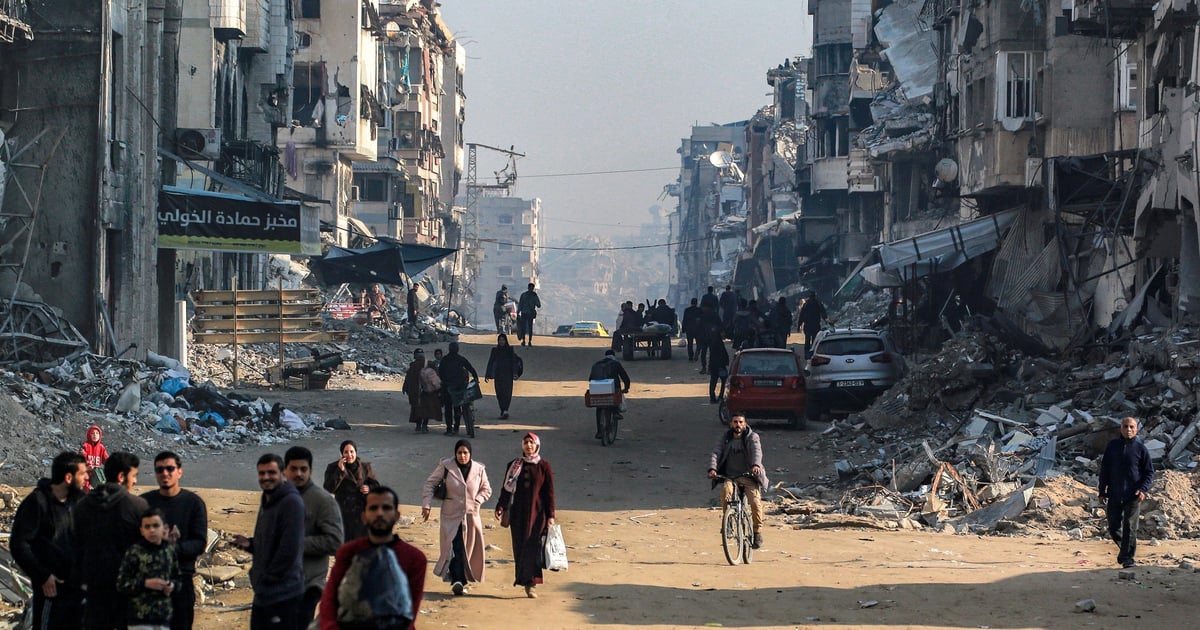

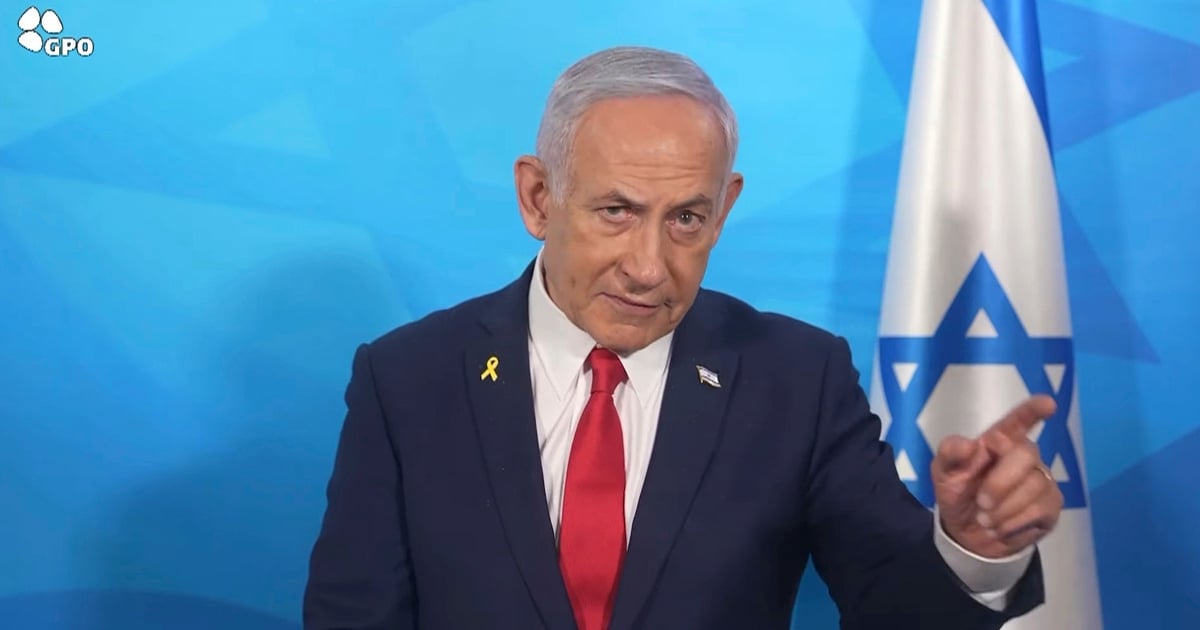
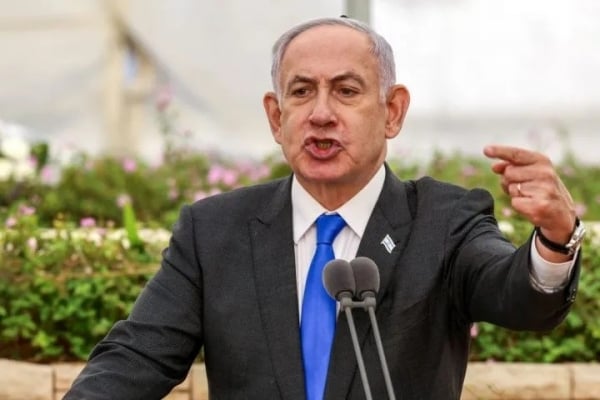
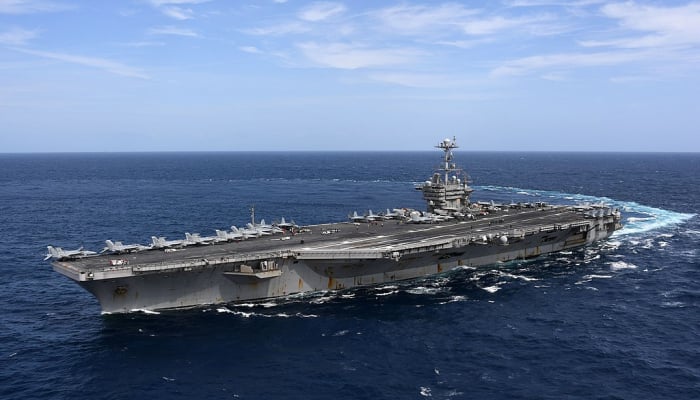
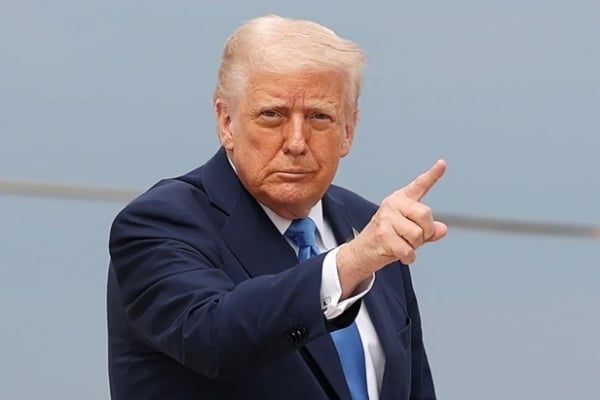
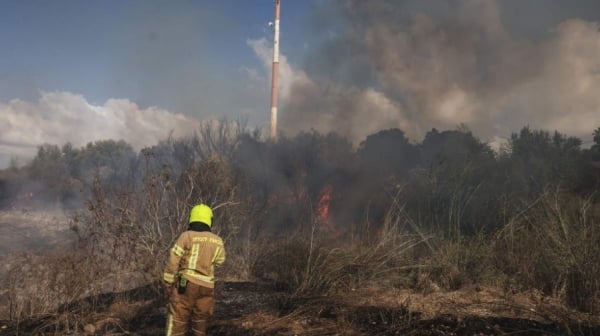






























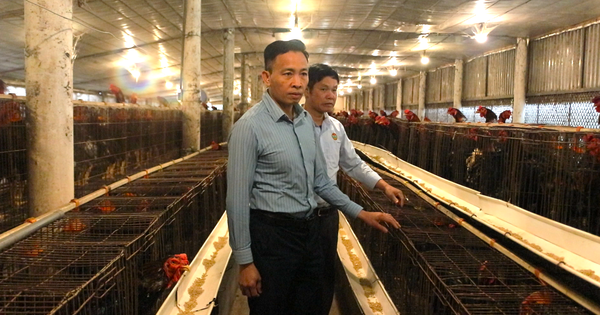













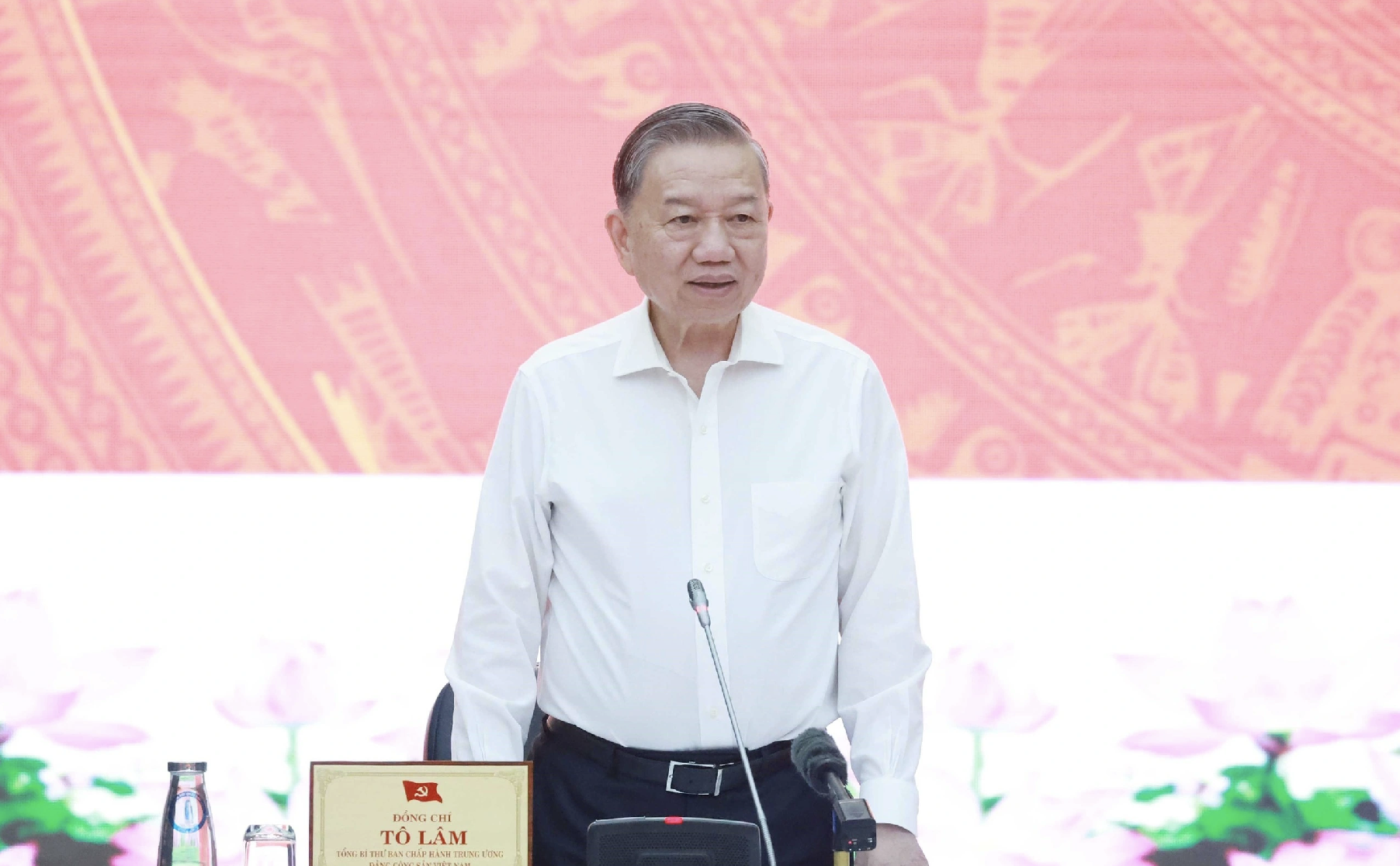






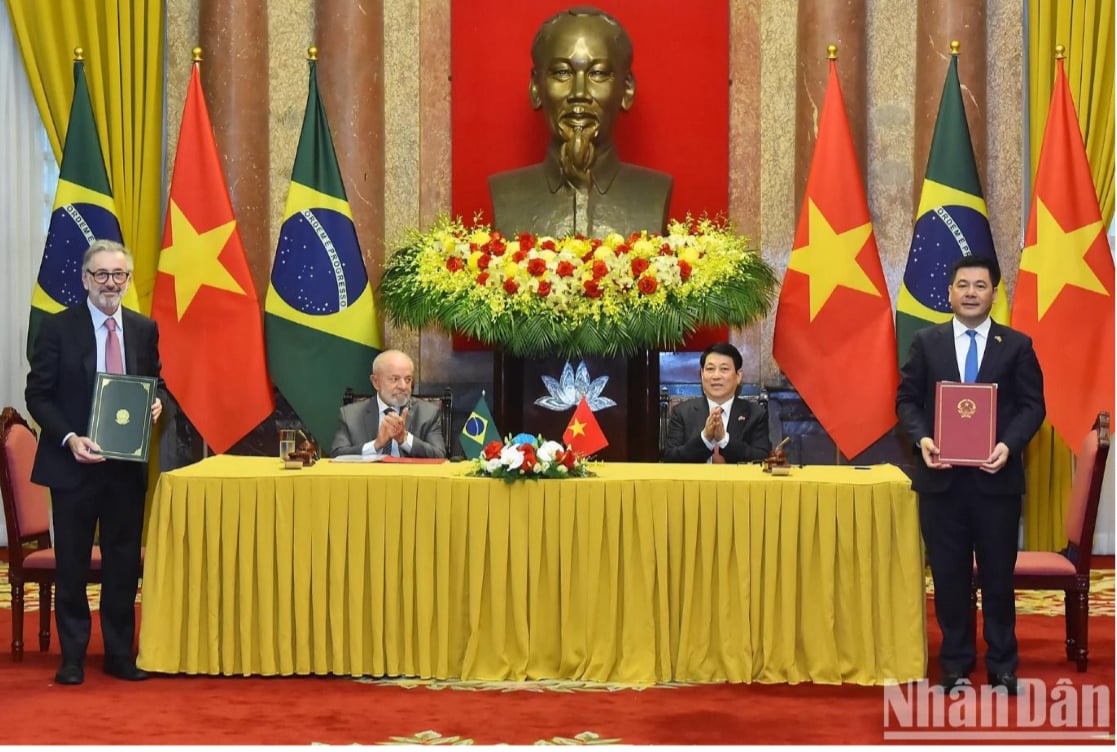















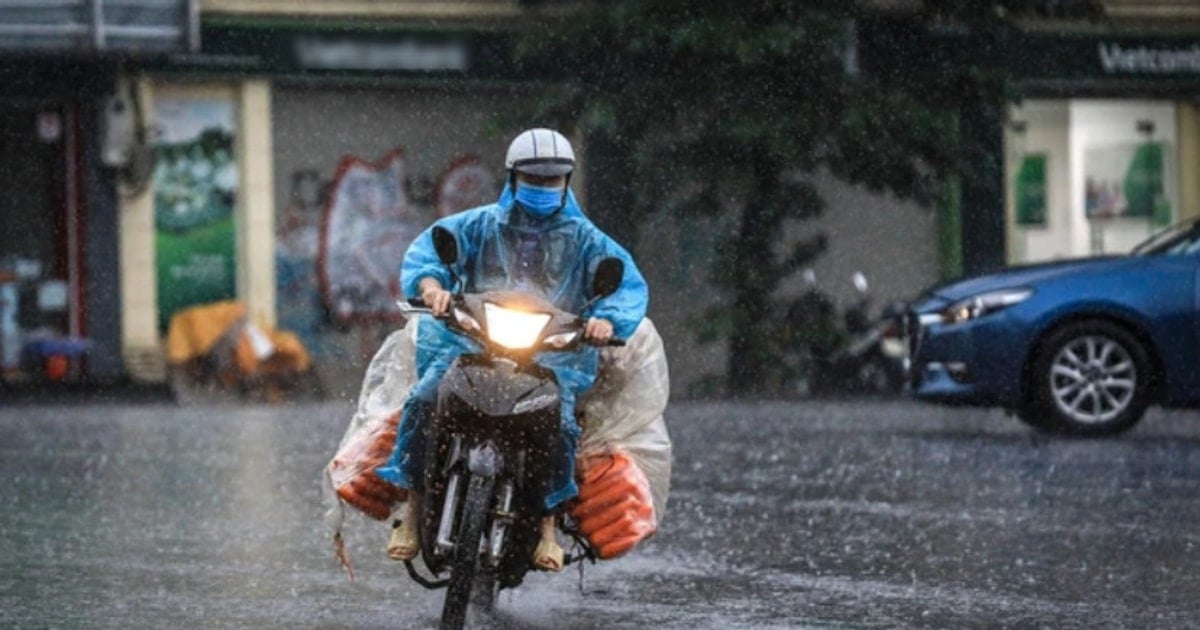



![[REVIEW OCOP] An Lanh Huong Vet Yen Cat](https://vstatic.vietnam.vn/vietnam/resource/IMAGE/2025/3/27/c25032328e9a47be9991d5be7c0cad8c)







Comment (0)